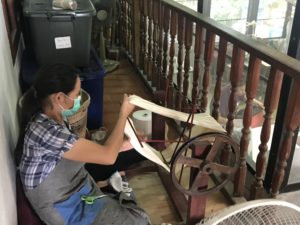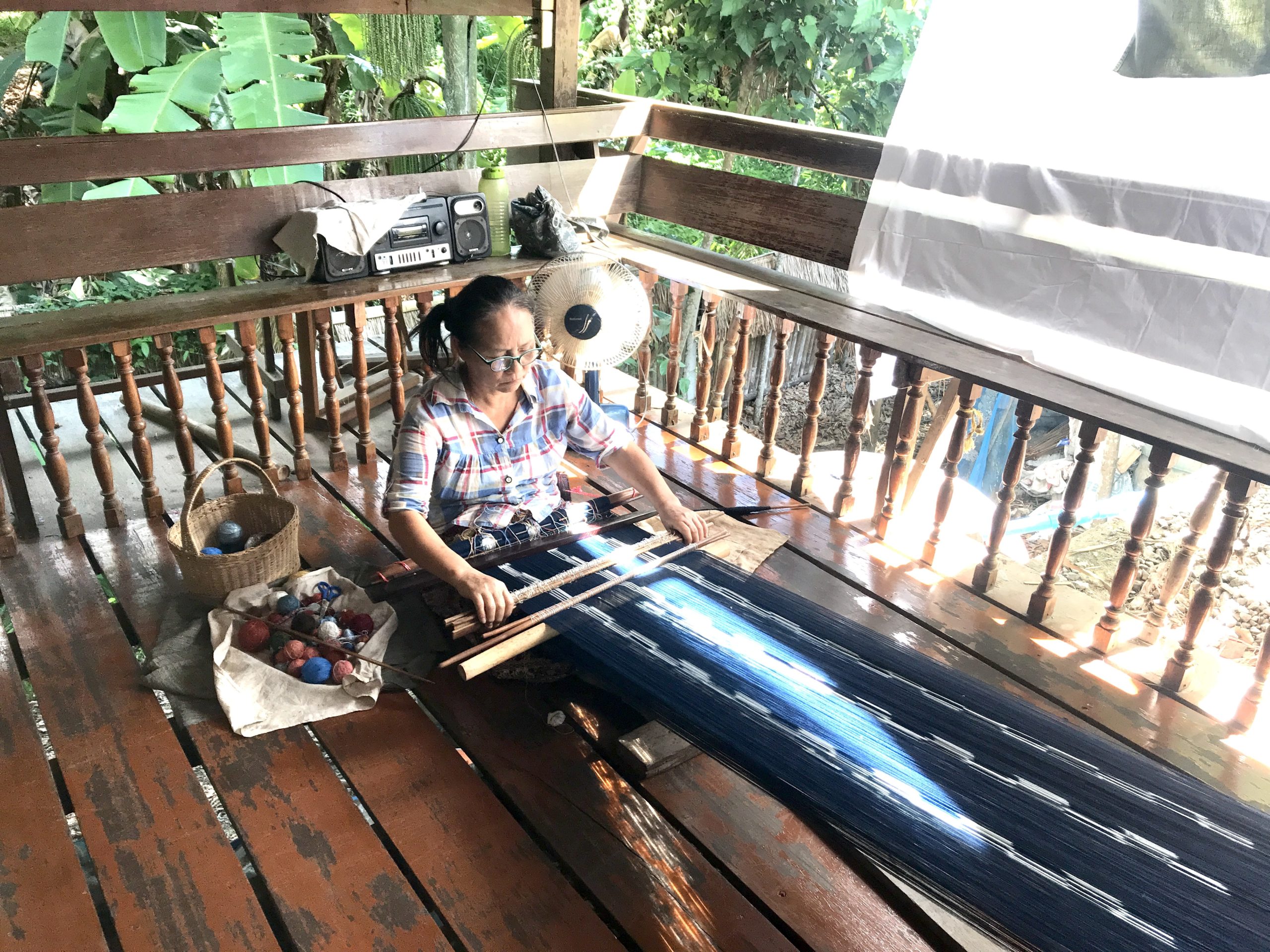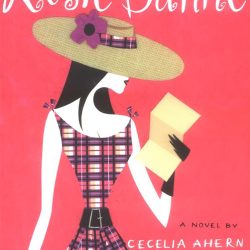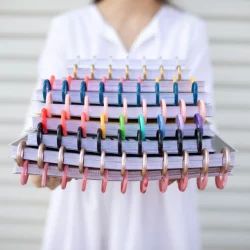Women are making a difference all over the world. One of the most impactful experiences I had was while traveling through Thailand in Chiang Mai was visiting Studio Naenna Textiles Gallery.
Here, not only did I learn about the local Thai weaving culture and the role the women play in the local community, but I also had the opportunity to create my own signature tie-dye scarf as well.
Before we got started on our scarves, Patricia Cheesman, the owner and founder of the studio taught us about the role textiles play in the local communities. The dresses, tops, scarves, skirts, and jewlery in this studio blew me away. The work these women do by hand is truly artwork. From the intricate designs to the high-quality material that they weave by hand, I couldn’t decide on what I loved more, and couldn’t resist leaving without a few of my own. I bought two beautiful scarves, but I really wanted half the shop. However, what truly inspired me and hit my heart, was the impact that Cheesman was making on the local women—helping them succeed and create a better life for themselves and their families.
Thai women are the main breadwinners of the family, Cheesman told us. While the men work in the fields to make a living, the women are left behind to care for their children.
While working as a lecturer at Chiang Mai University, Cheesman was researching her next book and traveling around the villages meeting the local women. That’s when she realized she wanted to step in and help these women market and sell their products.
During our visit, Cheesman told us that these women were doing most of the family chores, bringing up the children and harvesting vegetables and rice for their meals. “Their courage and skills impressed me,” she said. “Their skills were passed down from their mothers and grandmothers. They needed help in selling their products at a price that was fair to them.”
Studio Naenna has given these women the opportunity to be the main bread winners for their families. Most of these women come from a farming background, and when the crops fail or the climate conditions change, their weaving has become a reliable source of income for them. Cheesman told us that this helps raise their status in the communities.
“The weavers had the weaving skills but needed design, management and marketing to bring their beautiful textiles into a wider market,” said Cheesman. “Although my background was in ceramics, I was able to guide them in a direction that was sustainable and suitable for their cultural and social heritage. This meant that they could participate in the traditional ceremonies and village events, as well as make a good income from weaving on a piece work basis rather than a salary.”
These women are paid for each job they complete and each piece they create, and not a salary. This allows the women to continue to take part in community events and be active in their family, go to temple, and help with the village activities. “If they don’t, they risk being ostracized from their community,” Cheesman told us. That’s why she keeps her company small and has declined working with big name stores such as Neiman Marcus.
When the women finish a piece of work, they are paid instantly—whether that’s completing a scarf or winding thread. The shop provides them all the materials, so they don’t have to worry about needing materials to invest in their craft. Cheesman also guides the women to create pieces that can appeal to an overseas market as well.
“In order to preserve their traditions not only of weaving, but also of social and cultural activities, I was inspired to create work in the villages,” she told us. The lack of weaving work in the village was causing the women to head to the cities for work, which many times caused them to fall into less desirable circumstances, we were told.

Studio Naenna Textiles Gallery works as an outlet for the women to sell their weaving work. They are environmentally friendly and use materials that are safe and natural such as dyes derived from plants, which they grow themselves. During our visit in 2019, Studio Naenna was working with 20 weavers and embroiderers, which creates an income for a number of families.
“About 100 people are relying on the shop to sell these products. When you think of the families these women are supporting,” said Cheesman. She also mentioned that when the families have been in need, the studio can provide them with loans to help out. “They need us and we need them,” she said.
A lesson in weaving wasn’t all we received at the studio. We also had the opportunity to get our hands a little dirty. We picked a design to create for our own scarf and then headed to the garden where we plunged our material wrapped around a cylinder into the indigo dye and then hung them to try as we sipped tea.
The scarf we took home will forever be a reminder of the hard work the local women put into their handicraft, and the inspiration and support Cheesman and the Studio provides them. This was a true example of women helping and supporting other women. Cheesman, who came from Europe, not calls Chiang Mai home as she helps create a better home and living situation for the women at her studio.
This 2-3-hour Natrual Indigo Tye-Dye Workshop is bookable for $127 for two guests and $320 for groups of 3-20.
There are currently three locations around Chiang Mai, however, if interested there is also an online shop where you can help support these women from home. Trust us, you won’t be disappointed with the designs and quality. You’ll have such a unique piece, that it’ll be a conversation starter whenever it’s worn—and what a beautiful story you’ll be able to share.




